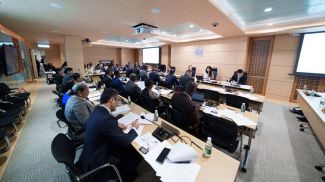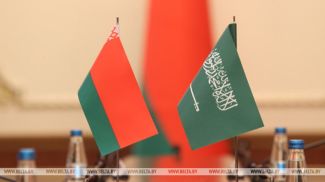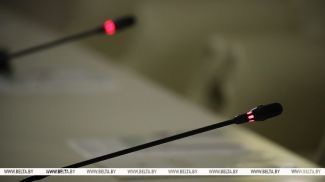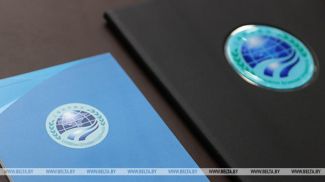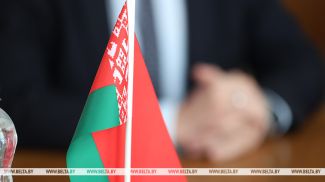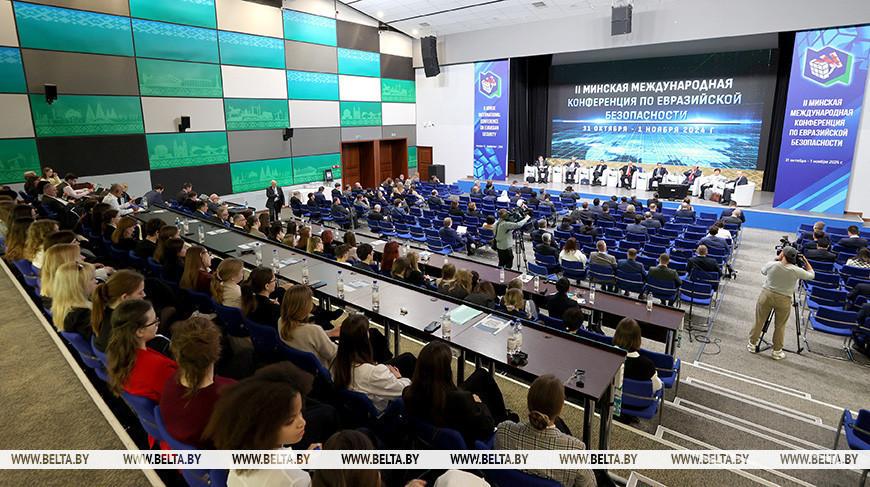
MINSK, 1 November (BelTA) - The development of the Eurasian Charter on Diversity and Multilateralism in the 21st Century, initiated earlier by Belarus, was discussed during the 2nd Minsk International Conference on Eurasian Security in Minsk, BelTA has learned.
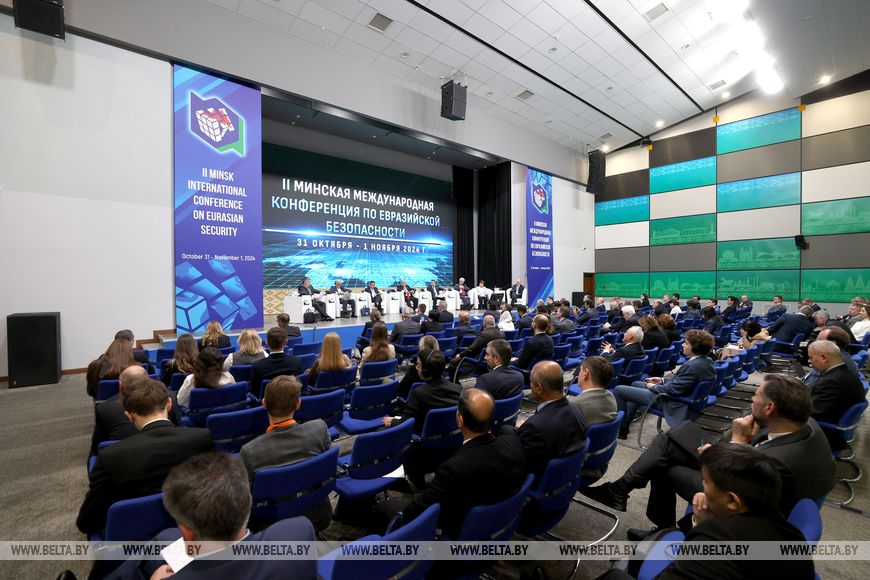
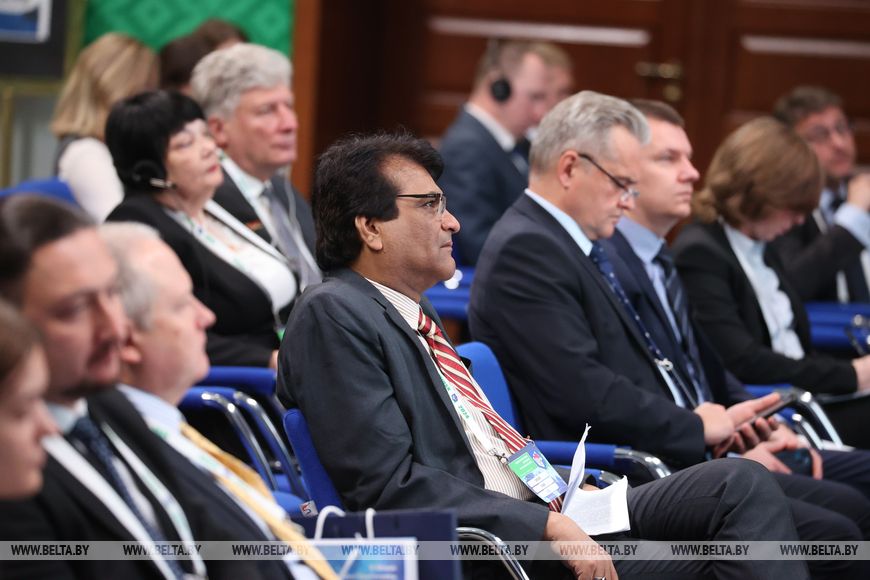
The thematic discussion within the framework of the conference brought together international experts and officials, including from Belarus, Russia, Iran, China, the United States, Azerbaijan, and France.
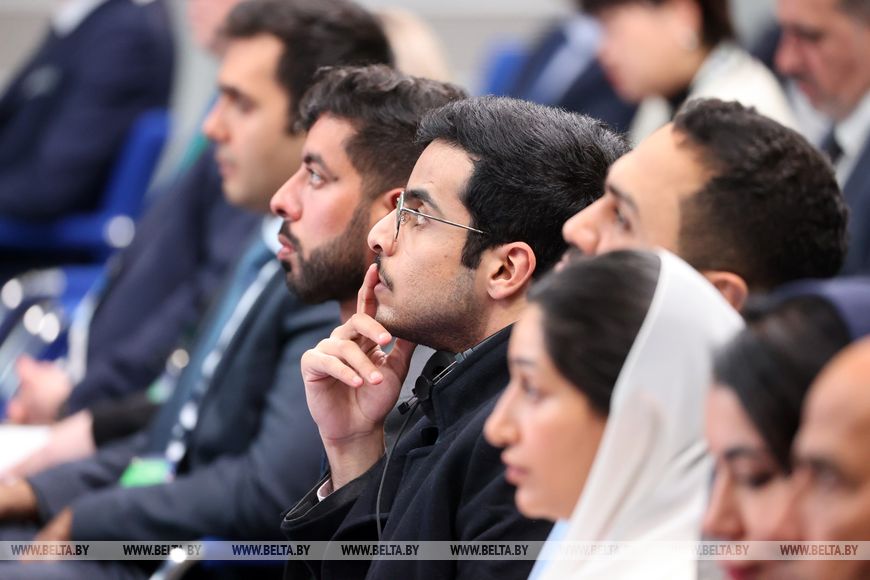
"We would like to have a set of principles and rules by which, I hope, we will live in a renewed world of the multipolarity that we talk so much about today,” Belarusian Deputy Minister of Foreign Affairs Yuri Ambrazevich told the media. “It is gradually taking shape. The role of new associations that spring up globally and in Eurasia is important."

"We would like to have a set of principles and rules by which, I hope, we will live in a renewed world of the multipolarity that we talk so much about today,” Belarusian Deputy Minister of Foreign Affairs Yuri Ambrazevich told the media. “It is gradually taking shape. The role of new associations that spring up globally and in Eurasia is important."


According to Yuri Ambrazevich, the Cold War should have ended with some agreements, formalized on paper. "We need a document that will not contradict the UN Charter. The document that will set out the principles in a clear, intelligible, modern innovative language (maybe not in the classical UN terms) by which all states are ready to build a peaceful order in the future," he said.
The Charter is still in its fledgling state. The discussion in Minsk will make it possible to put certain provisions on paper. "I hope that we will be able to produce a certain document in the foreseeable future," Yuri Ambrazevich said.
There is no specific deadline for drafting the Charter. "This is not a document that Belarus will develop alone. We intend to propose a possible draft for the subsequent intergovernmental process. There is no deadline, since there can be none," the deputy minister explained. “There is no such goal, because we have no idea how long it will take for certain countries to develop their national position. We still have no idea how we will approach this issue. We did some groundwork and have some understanding, because we already have a lot of integration structures in Eurasia. We can work through all of them. But globally, we would like to come up with a document that will unite both states and the integration structures around a certain set of words, which will become, in a good sense, a hymn to Eurasian security."
Yuri Ambrazevich noted that Belarus' partners welcomed the initiative to develop the Charter, and that it has a future. One of the main principles that should be included in the document is the diversity of progressive development paths as a value of mankind. In other words, it implies peaceful coexistence of different political systems.
"Because all countries are different. We have different political and social systems, different historical paths. That is why we need to respect the diversity in the historical development of each society and live peacefully. Otherwise, it is almost impossible to find something in common," the deputy minister said.
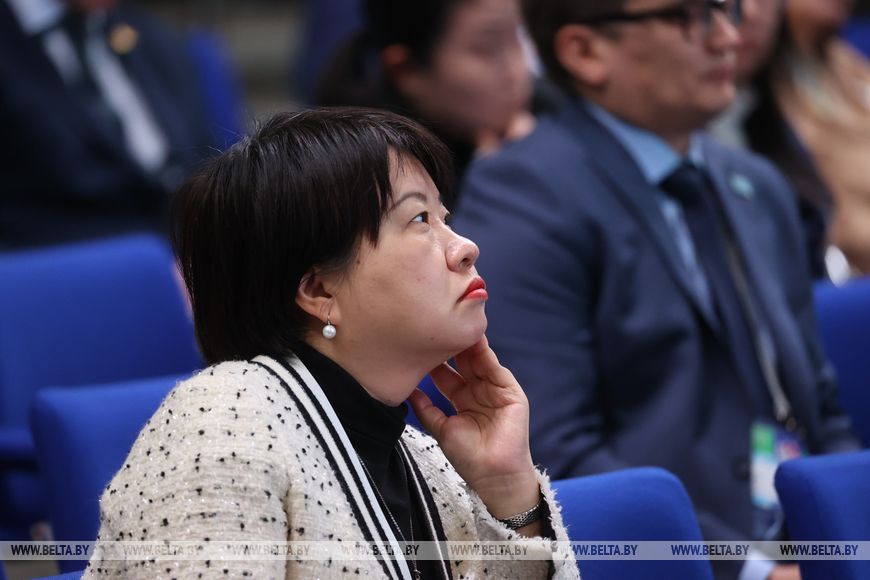
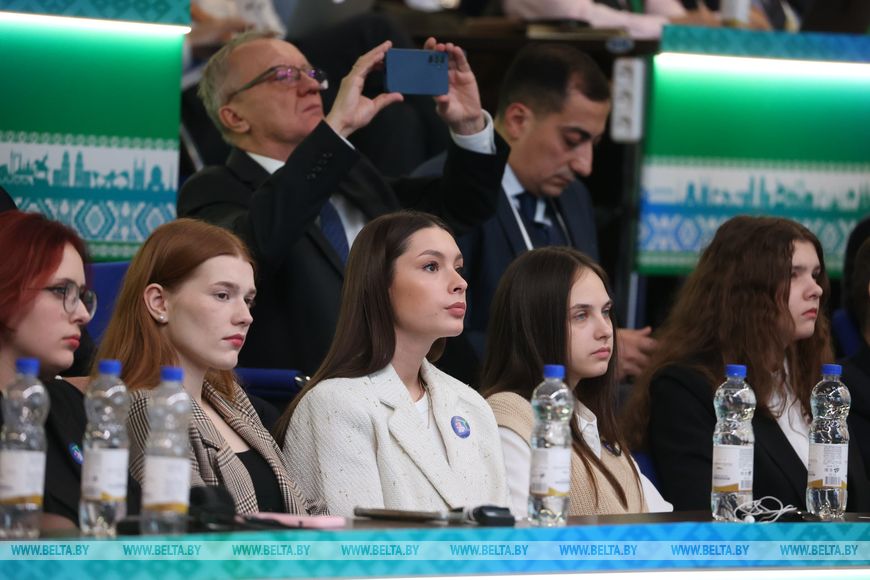
When asked whether Minsk seeks to achieve the same success as Helsinki, which once became a place for working out joint decisions on security cooperation, Yuri Ambrazevich said: "Minsk is not trying to grab a bigger piece of the pie. We are working on our own security. The conference is not a charity project. We are absolutely clear about what we need. We need guarantees of the country's security in this large space. We understand that these guarantees do not depend only on us and our closest neighbors. We need more countries to be engaged in this initiative. It would be also perfect to have global rules of the game."
There is no specific deadline for drafting the Charter. "This is not a document that Belarus will develop alone. We intend to propose a possible draft for the subsequent intergovernmental process. There is no deadline, since there can be none," the deputy minister explained. “There is no such goal, because we have no idea how long it will take for certain countries to develop their national position. We still have no idea how we will approach this issue. We did some groundwork and have some understanding, because we already have a lot of integration structures in Eurasia. We can work through all of them. But globally, we would like to come up with a document that will unite both states and the integration structures around a certain set of words, which will become, in a good sense, a hymn to Eurasian security."
Yuri Ambrazevich noted that Belarus' partners welcomed the initiative to develop the Charter, and that it has a future. One of the main principles that should be included in the document is the diversity of progressive development paths as a value of mankind. In other words, it implies peaceful coexistence of different political systems.
"Because all countries are different. We have different political and social systems, different historical paths. That is why we need to respect the diversity in the historical development of each society and live peacefully. Otherwise, it is almost impossible to find something in common," the deputy minister said.


When asked whether Minsk seeks to achieve the same success as Helsinki, which once became a place for working out joint decisions on security cooperation, Yuri Ambrazevich said: "Minsk is not trying to grab a bigger piece of the pie. We are working on our own security. The conference is not a charity project. We are absolutely clear about what we need. We need guarantees of the country's security in this large space. We understand that these guarantees do not depend only on us and our closest neighbors. We need more countries to be engaged in this initiative. It would be also perfect to have global rules of the game."




